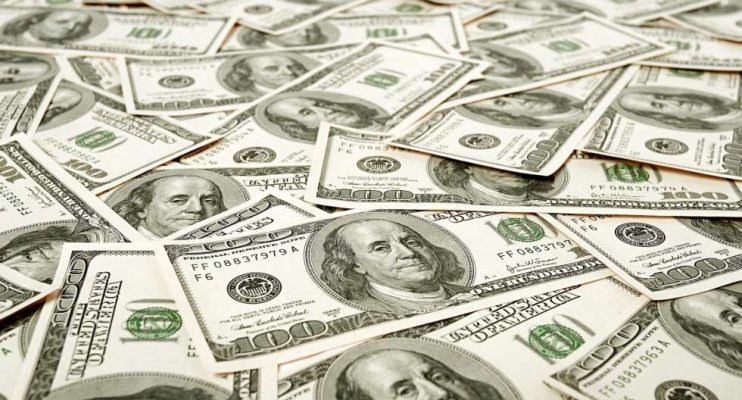
Nigeria’s foreign exchange (FX) reserve dropped by $435.40 million in one week.
According to data from the Central Bank of Nigeria (CBN), the FX reserve fell from $40.92 billion on January 6 to $40.48 billion on January 14.
The record showed that the country’s foreign reserves declined from $40.92 billion on January 6, to $40.91 billion on January 7, $40.85 billion on January 8, and $40.80 billion on January 9.
Further analysis showed that on January 10, the reserves fell further to $40.75 billion, with the downward trajectory extending to $40.56 billion on January 13, and $40.48 billion on January 14.
Within seven days, the reserves declined by $435.40 billion amid efforts by the CBN to increase liquidity in the FX market and stabilise the naira.
Speaking to Charles Abuede, research lead at Cowry Asset Management Limited, said the gradual depletion in Nigeria’s FX reserves could be a result of a halt in FX inflows into Nigeria.
“This could also be an effort of the CBN to defend the naira at the market in a bid to shore up its value,” Abuede said.
“The Nigerian government’s revenues continue to stay weak over the years while expenditure continues its rise, thus, keeping us in a negative position in our fiscal balance.
“To bring about a rise in the reserves levels, Nigeria needs to improve and sustain crude oil production and sales for more earnings.
“Incentives to spur diaspora remittance inflows, coherent FX policy reforms aimed at creating balance in the FX market and to drive FDI inflows.”
The analyst also said CBN’s intensified efforts “could bring some level of calm on the naira and we will see upward movement in the reserves”.
On December 18, 2024, the CBN said it had granted eligible bureau de change (BDC) operators temporary access to the Nigerian Autonomous Foreign Exchange Market (NAFEM) to purchase $25,000 weekly from December 19 to January 30.
The apex bank said BDCs will purchase foreign exchange (FX) from authorised dealers to meet retail market demand.


